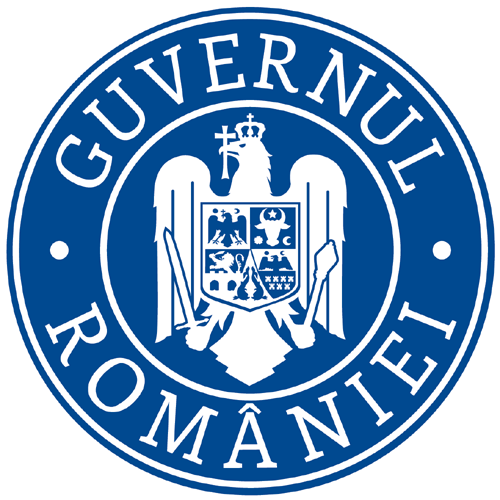CfP: Challenges, conflicts and opportunities. 100 years of state- and nationhood in Central and Eastern Europe
A century has passed since the end of WWI, which brought about the disintegration of the major European multi-ethnic empires and the formation of smaller nation-states in Central and Eastern Europe. While the settlement might have solved some conflicts, it certainly generated new tensions and challenges, some of them defining international and interstate relations, intrastate, interethnic and social processes for the 100 years to come. Cultural, linguistic, religious and ethnic diversity had become even more pronouncedly a key societal and discursive question, generating varied institutional and sociological responses. The 1989 post-communist regime changes added even more complexity to the question.
The main objective of this conference is to investigate both the newer and older, persisting challenges that Central and Eastern European societies and states face and to critically analyze how the CEE countries, many of whom celebrate the centenary of their statehood in the upcoming period, "came of age" as sovereign nation-states. Furthermore, the past century has been a quite intense period for some ethnic or national groups too, which ended up under the sovereignty of another state, where they did not constitute the "titular" nation. Some of these groups proved to be quite resilient, and kin-states sometimes engaged in (often quite intense and controversial) political action on their behalf. Focusing on ethnopolitics, nationalism and populism, the conference aims to bring new added value to both to the historical assessments and the newer debates regarding these issues, focusing on Central and Eastern Europe.
The organizers welcome theoretical analyses, empirical case studies or comparative papers on the challenges that Central and Eastern European states and minorities face, and on the constraints and opportunities shaped by the changing dynamics of international relations in general and the European Union in particular.
The organizers wish to express their satisfaction that the event will be the fourth in a series of international conferences that take place under the auspices of the same institutional cooperation at Cluj, following the MINEUREG, MIREMIR and PIONME conferences of 2010, 2012 and 2015.
The deadline for applying to the conference is September 1, 2018. Please complete your abstract (200-300 words), together with a brief bio, including your academic/institutional affiliation on the following link >>. Panel proposals including a chair, 4-5 speakers and a discussant are also welcome. The selection of participants will be carried out no later than September 10, 2018.
The conference will be held in Cluj-Napoca, a multicultural city with rich historical heritage interesting for students of nationalism and interethnic relations. The event will be hosted by the Sapientia University.
The city can be easily reached by a number of low budget airlines. Accommodation is not covered, however, the organizers will offer assistance for participants to find cheaper accommodation facilities.
Participants are kindly requested to pay a registration fee of 50 Euro that includes the conference materials, the coffee-breaks and two receptions. Participation in the Saturday (November 17) excursion, including a dinner and a visit to visit to a local skanzen village will require a contribution of 30 Euro.
Conference organizers:
Romanian Institute for Research on National Minorities (contact persons: István Horváth - ihorvath66@hotmail.com, István Gergő Székely - istvanszekely@yahoo.com)
Sapientia Hungarian University of Transylvania, Faculty of Science and Arts (contact persons: Márton Tonk - tonkmarci@sapientia.ro, Tibor Toró - torotibor@sapientia.ro)
Further questions should be submitted to the e-mail address nationalchallenges100@gmail.com.
For more information please see the webpage of the conference: http://kv.sapientia.ro/en/challenges100

